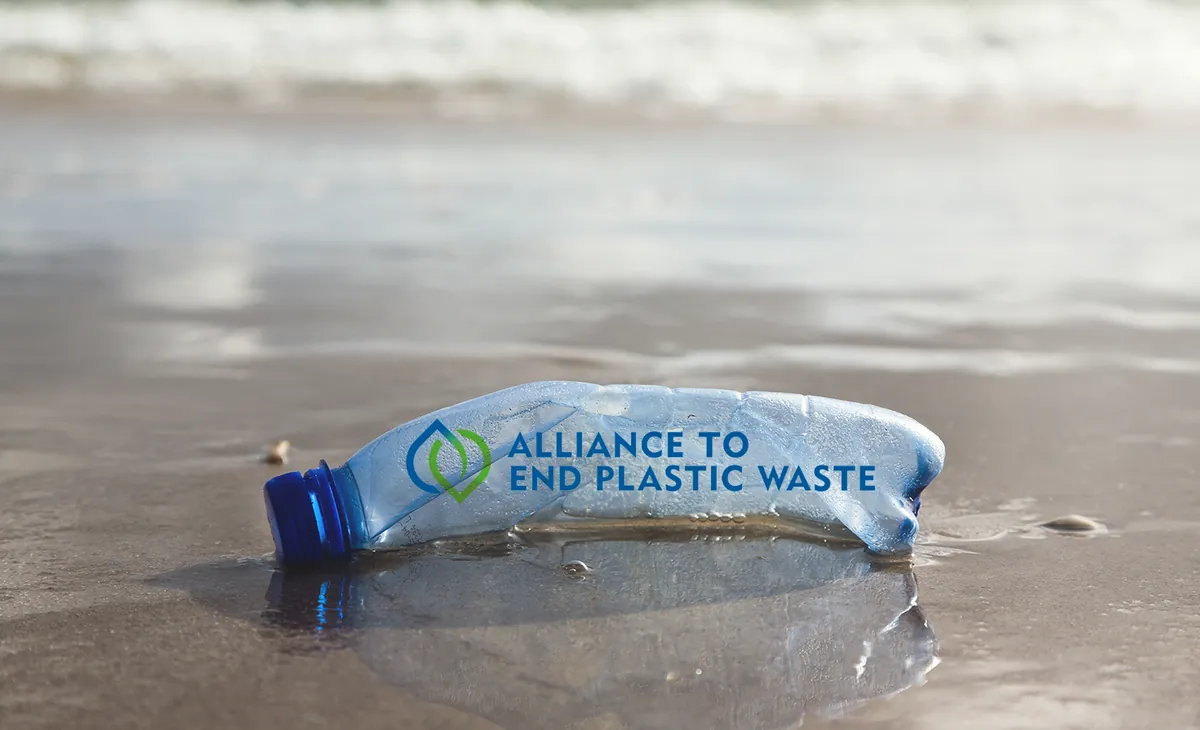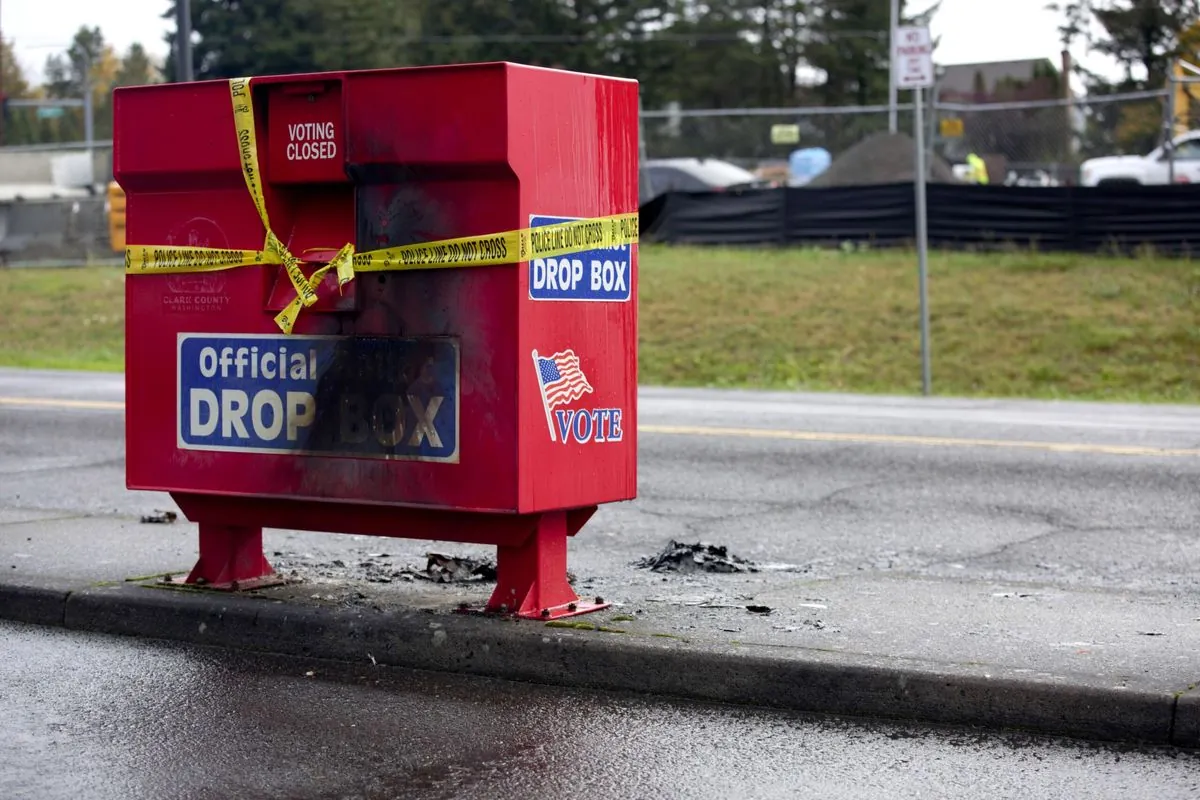California Sues ExxonMobil Over Alleged Plastic Recycling Deception
California files lawsuit against ExxonMobil, accusing the company of misleading the public about plastic recycling effectiveness. The state seeks to end deceptive practices and secure penalties for environmental harm.

California has initiated legal action against ExxonMobil, alleging that the company has misled the public about the efficacy of plastic recycling for five decades. This lawsuit, filed on September 23, 2024, comes at a time when global plastic production has reached unprecedented levels, with 368 million metric tons produced in 2019 alone.
Attorney General Rob Bonta's office revealed that despite widespread recycling programs, less than 5% of plastic in the United States is actually recycled into new plastic products. This stark reality contrasts sharply with the "recyclable" labels found on many plastic items. The discrepancy has contributed to the accumulation of plastic waste in landfills and oceans, exacerbating environmental concerns.
The lawsuit alleges that ExxonMobil, one of the world's largest plastic producers, engaged in deceptive marketing campaigns to convince the public that recycling could effectively address the plastic pollution crisis. This claim is particularly significant given that the company was formed in 1999, long after the discovery of microplastics in the ocean in the 1970s.

"For decades, ExxonMobil has been deceiving the public to convince us that plastic recycling could solve the plastic waste and pollution crisis when they clearly knew this wasn't possible."
The lawsuit seeks to compel ExxonMobil to cease its alleged deceptive practices and to establish an abatement fund, along with civil penalties for environmental damage. This legal action aligns with growing global concerns about plastic pollution, as evidenced by the UN Environment Programme's estimate that 8 million tons of plastic enter the oceans annually.
Interestingly, this lawsuit coincides with California's recent ban on plastic shopping bags at supermarkets, signed into law on September 22, 2024. This legislation builds upon California's pioneering efforts, as it was the first state to ban single-use plastic bags in 2014.
The legal complaint asserts that ExxonMobil was aware of the difficulties in eradicating plastic and its harmful breakdown into microplastics. Despite this knowledge, the company allegedly continued to promote recycling as a key solution through various media platforms while simultaneously increasing plastic production.
In recent years, ExxonMobil has been promoting "advanced recycling," also known as "chemical recycling," claiming it offers improved methods for converting old plastics into new products. However, this claim is now under scrutiny as part of the lawsuit.
The plastic pollution crisis has far-reaching implications. The Ellen MacArthur Foundation predicts that by 2050, there could be more plastic than fish in the ocean if current trends continue. This sobering projection underscores the urgency of addressing plastic waste and the importance of accurate information about recycling effectiveness.
As this legal battle unfolds, it highlights the complex challenges surrounding plastic use and recycling. With the average American generating about 100 kg of plastic waste per year, and plastic taking anywhere from 20 to 500 years to decompose, the outcome of this lawsuit could have significant implications for future environmental policies and corporate practices in the plastics industry.


































